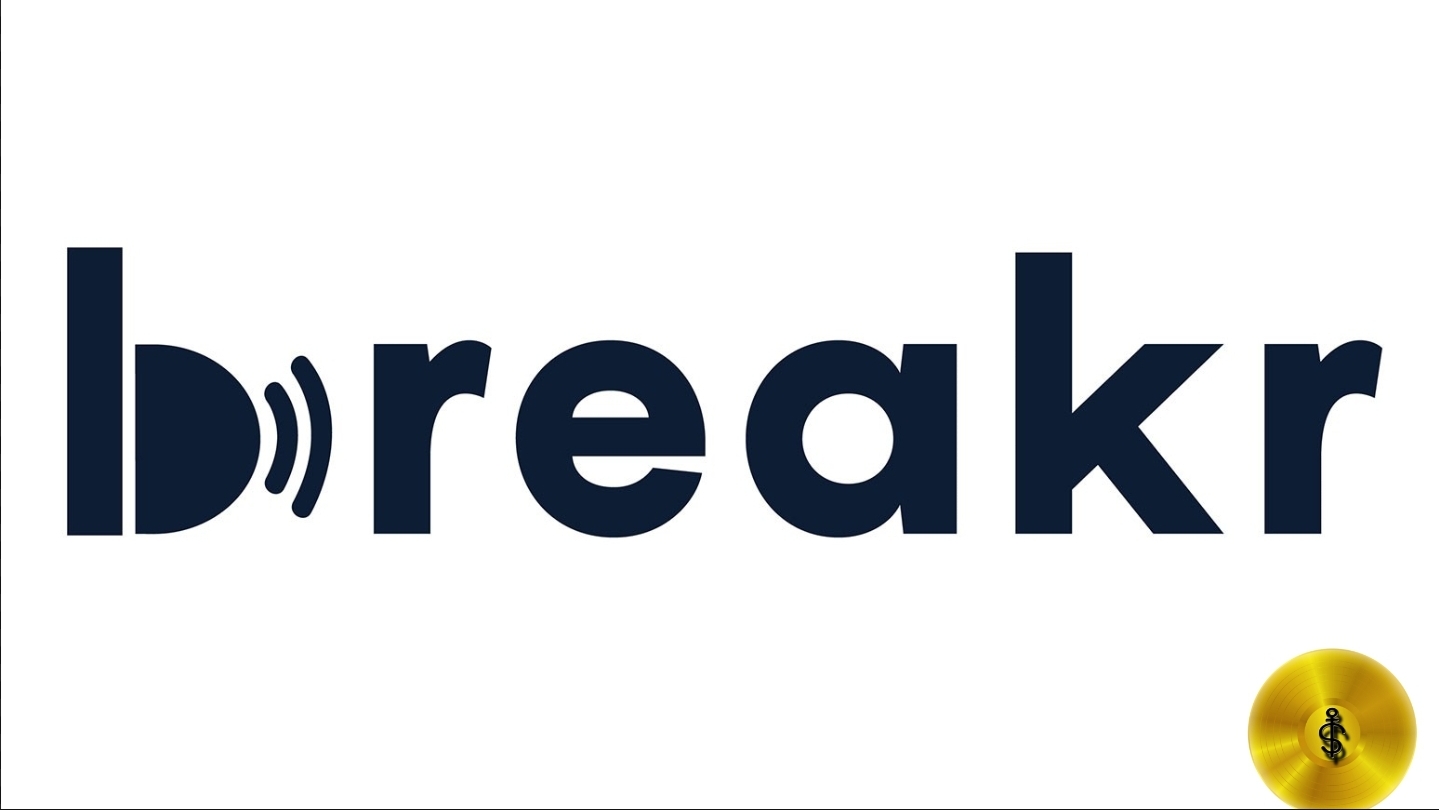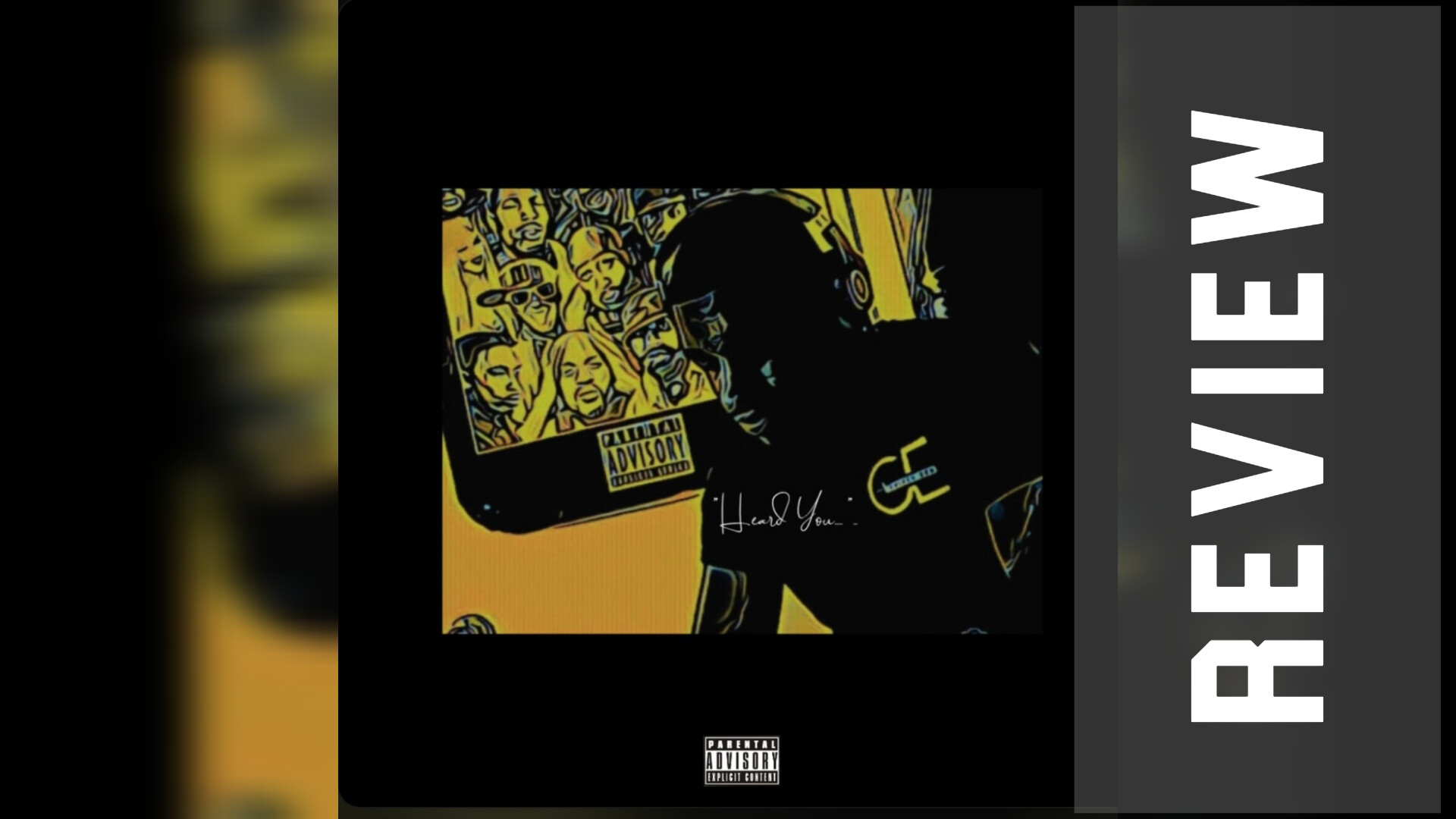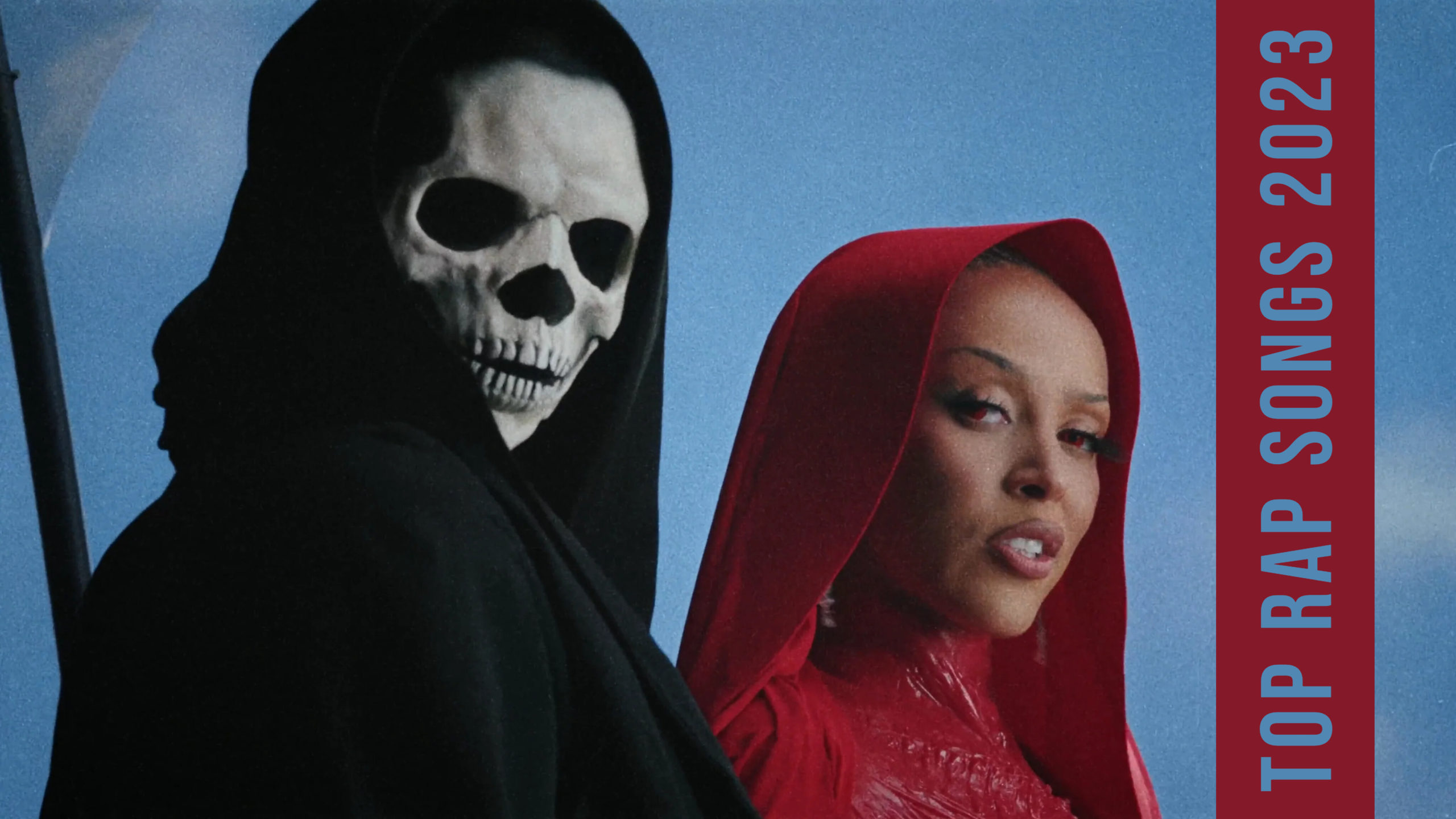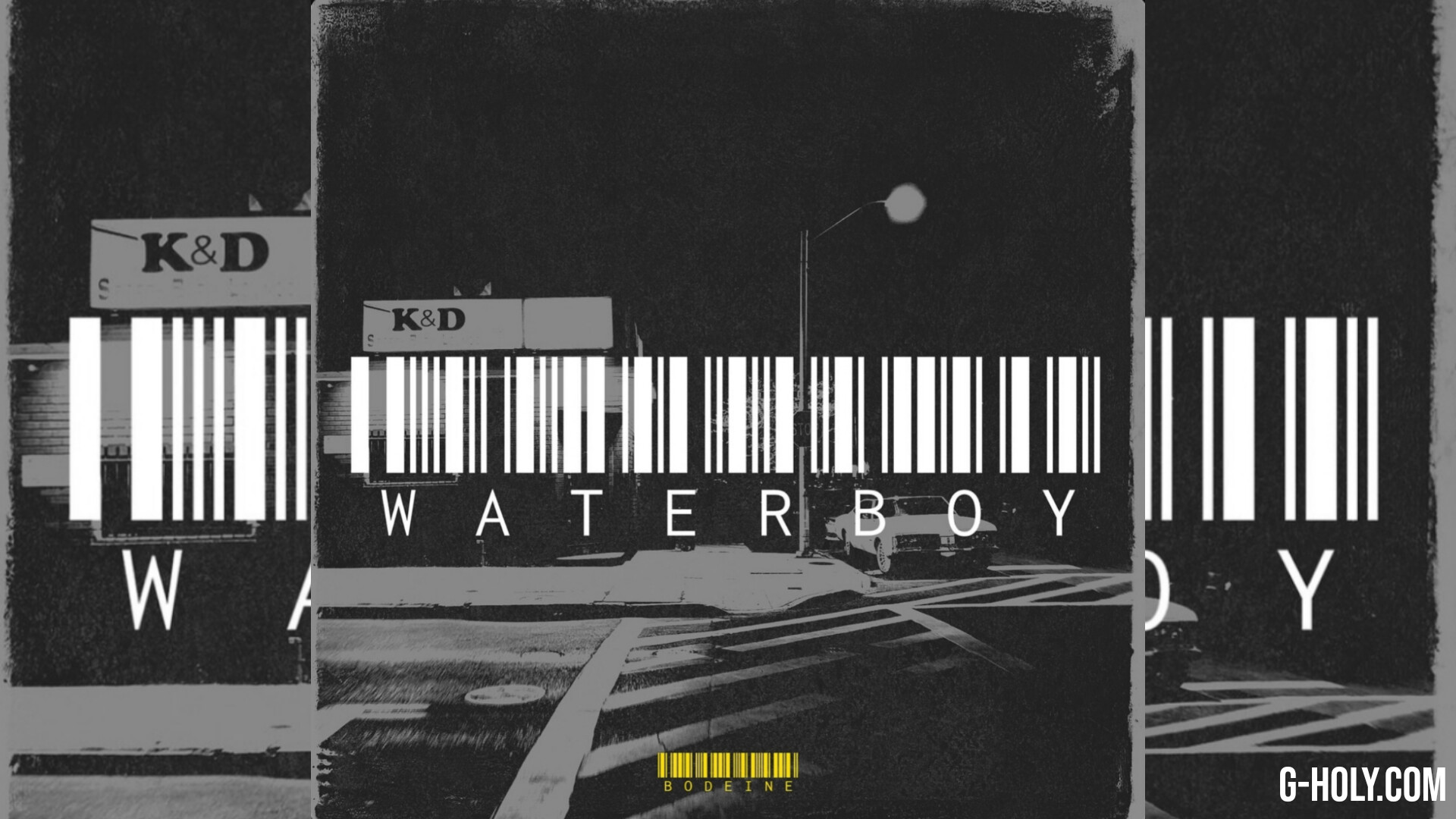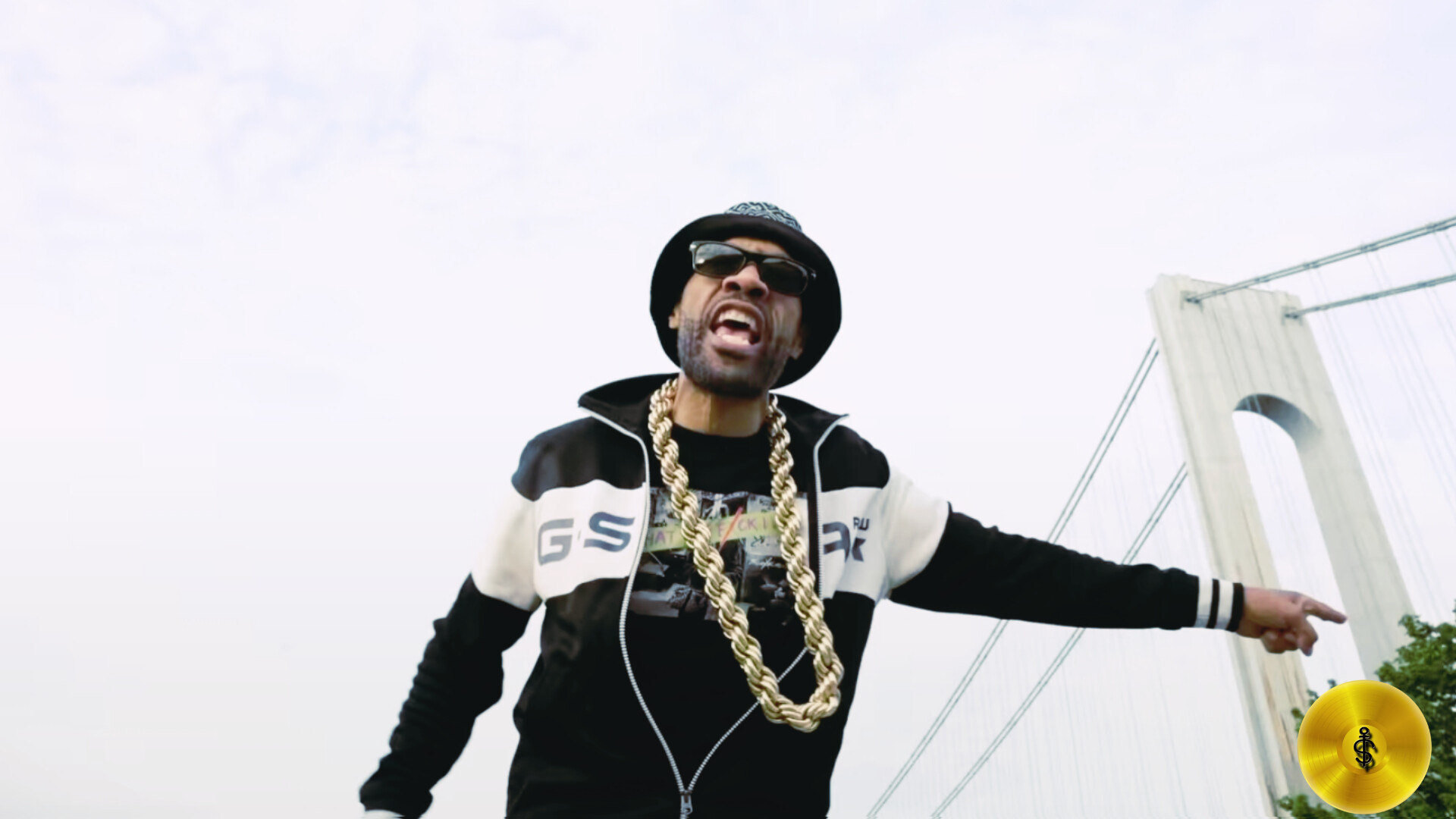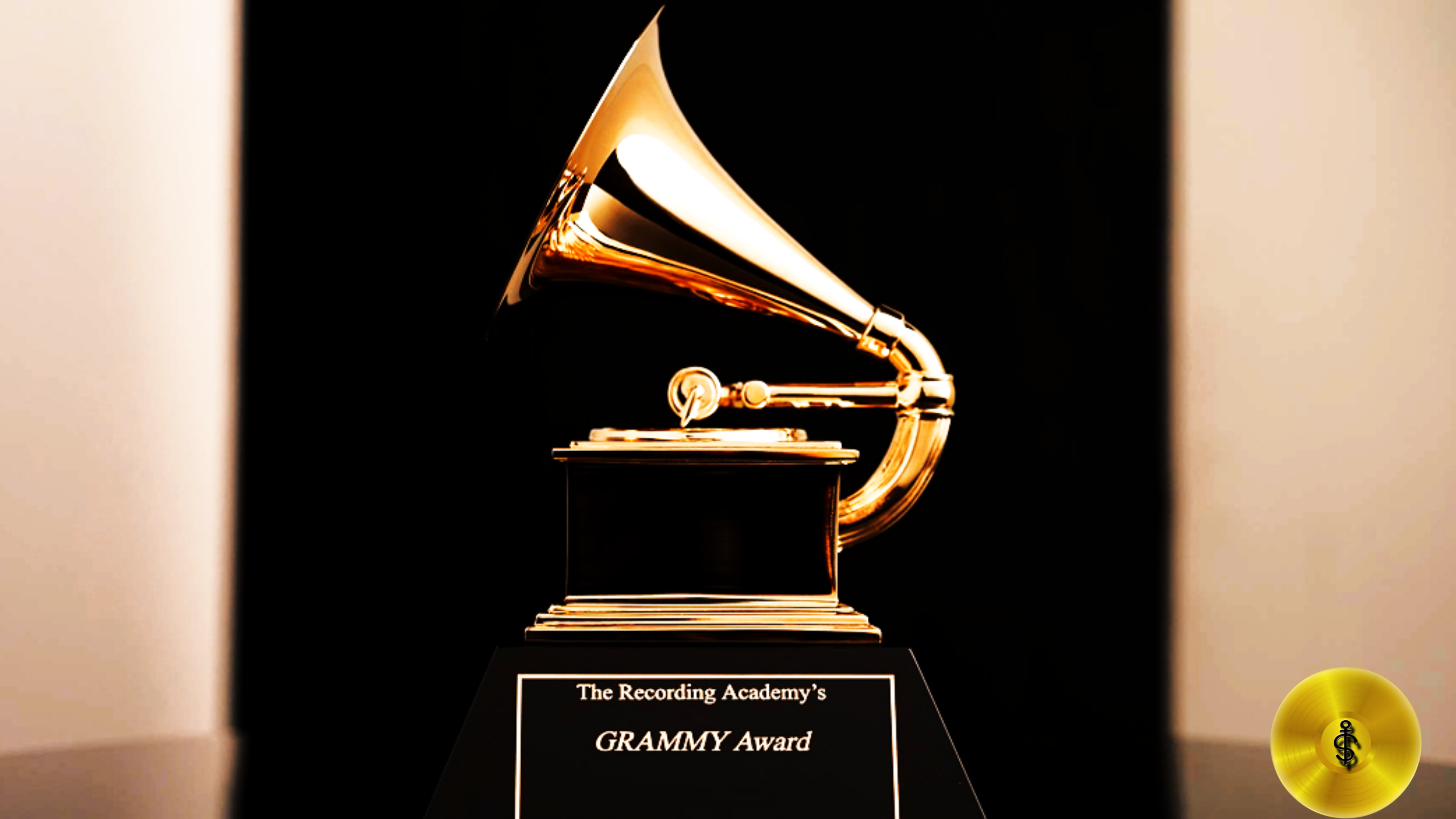
Hip-Hop’s Bittersweet Relationship With the Grammys
Uncharted history was made this past weekend at the 63rd Annual Grammy Awards. Legendary East Coast rapper Nas received his first Grammy win ever for King’s Disease. On paper, this statement nears absurdity. Especially considering the fact that he has been a mainstaple in the music industry for over thirty years. Nas’ 1994 debut album Illmatic is considered by many to be the greatest Hip-Hop album of all time. Additionally, four of his albums have been certified Double Platinum by the RIAA and he has even had a fellowship created in his honor at the ever prestigious Harvard University. Yet, it still took thirty years for The Recording Academy to present the rap veteran with a coveted Grammy award.
If an artist as prolific as Nas has been historically snubbed by such a “prestigious” award ceremony, what exactly does this win mean in the grand scheme of Hip-Hop? Is it a win worth parading in the streets over? Or is just an overdue half hearted acknowledgment by an out of touch academy? The answers to these questions are not exactly clear. Though, one thing that is forsure is that the Grammys have a history of ruffling a few feathers in the world of Hip-Hop.
History of Hip-Hop & the Grammys
Flashback to 2014, Kendrick Lamar’s magnum opus of an album Good Kid, M.A.A.D City is nominated for a Grammy in the category of Best Rap Album. Joining Kendrick in this category are three legends in Drake, Jay-Z, and Kanye. The other nominee is Macklemore–a fresh new face hot off of a slew of hit singles. When it comes time for the academy to announce the winner, Kendrick’s name is not called. Nor is the name Drake, Jay-Z, or Kanye. Rather, the anglo-faced rap freshman Macklemore is called to the stage to accept his award. Anyone that was alive during that time can attest to the fact that fans of hip-hop were absolutely outraged by this. “Outraged” may not even be a harsh enough descriptor. Even Macklemore knew the call by the academy was questionable–immediately apologizing to Kendrick Lamar in a text message exchange following the ceremony.
Another blemish in the Grammys’ long charted history dates all the way back to 1989–the first year an award in the genre of rap was presented. However, this segment of the award show was not televised. As a result, the recipients of the newly created Best Rap Performance Grammy, Will Smith and DJ Jazzy Jeff, boycotted the ceremony. To add insult to injury, members of the Hip-Hop community felt that the rapper/actor duo were not deserving of the award in the first place. As there were more notable artists that dropped that year (namely Public Enemy, N.W.A., Big Daddy Kane, and Eric B. & Rakim). In response to the backlash, the Recording Academy decided to televise the Best Rap Performance award the following year (rapper Young MC took home the award for the track “Bust a Move”).

Though the Grammys made up for this misstep in 1990, they repeated the same mistake in 2015–failing to present a single award in the rap category on its live telecast. The irony of it all was that hip-hop legend LL Cool J hosted the ceremony. Rather than spotlighting nominated rap artists like Childish Gambino, Common, Drake, and Kendrick Lamar, the academy once again favored the anglo-faced pop/country singers. It goes without saying that this put the Grammys in the hot seat once again. Stirring a seemingly endless pot that posits Hip-Hop as an inferior form of musical expression.
With all of these controversies in mind, Nas’ historic win conjures up a feeling that is undoubtedly bittersweet. It is quite difficult to see this overdue acknowledgment as anything more than just a pat on the back by a historically eurocentric institution. Though, at the end of the day, it is still wonderful to see legends of Hip-Hop being recognized for their excellence–even if that recognition may not be from the most genuine of sources. Great art is great art and King’s Disease is no exception. The best way to support hip-hop is lending an ear to the most compelling voices in the culture–not by showering artists’ with gold plated awards. So with that being said, be sure to check out Nas’ King’s Disease in the Spotify link below:
Peyton Tenison for G-HOLY, 2021.
![WHAT??? PODCAST PAYOLA?! [MDWOG & EYL Accused]](https://www.g-holy.com/wp-content/uploads/2021/07/PicsArt_07-13-06.10.42-scaled.jpg)
